16 Fan-Favorite TV Shows That Ended in Disappointment
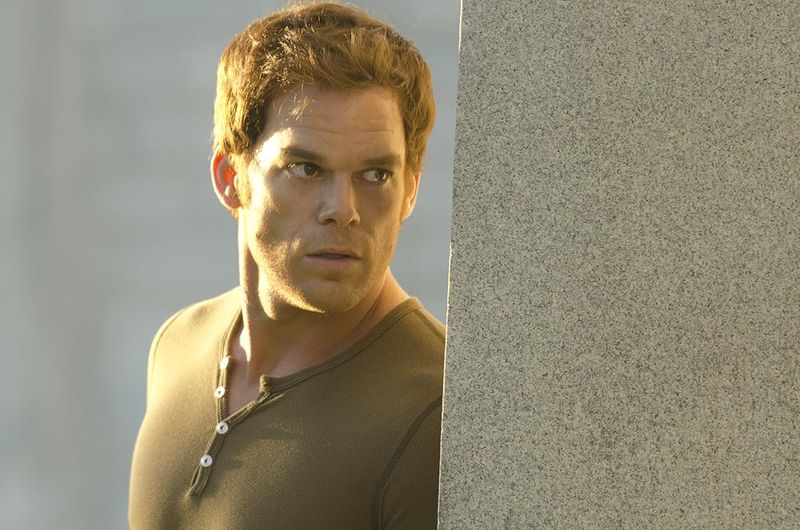
Nothing hurts quite like watching your favorite TV show crash and burn in its final episodes. After years of investing time, emotions, and endless discussions with friends, a disappointing ending can feel like a personal betrayal. Many beloved series that once dominated water cooler conversations are now remembered more for how badly they stuck the landing than for their earlier brilliance.
1. Lost (2004-2010)
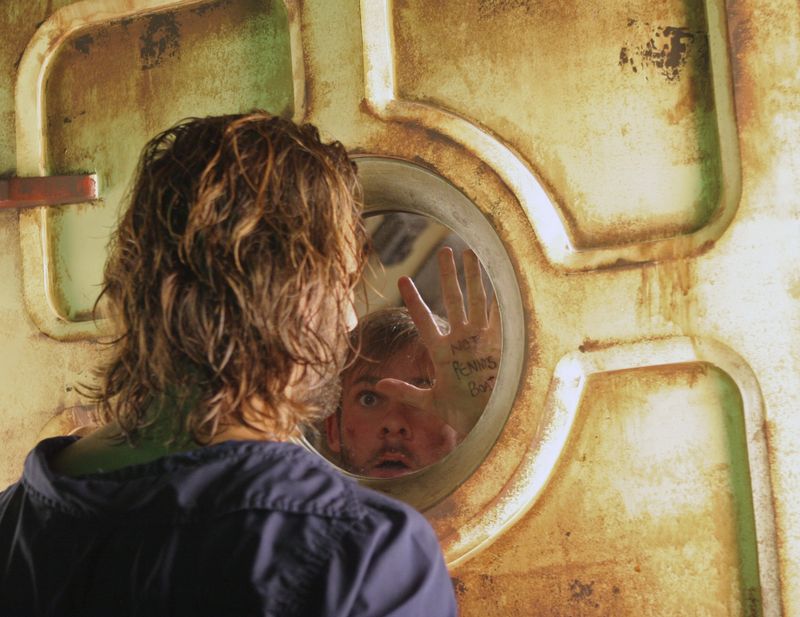
Six seasons of mind-bending mysteries, polar bears on tropical islands, and smoke monsters led to one of television’s most polarizing finales. The flash-sideways purgatory twist left countless questions unanswered, from the island’s true nature to the significance of those mysterious numbers.
Fans who spent years theorizing about every detail felt cheated when writers seemed to abandon scientific explanations for spiritual ones. The emotional character moments worked beautifully, but the lack of concrete answers to core mysteries still frustrates viewers today.
Many felt the show’s writers had painted themselves into a corner with too many unexplained phenomena, ultimately choosing heart over logic in ways that didn’t satisfy everyone’s investment in the puzzle.
2. How I Met Your Mother (2005-2014)
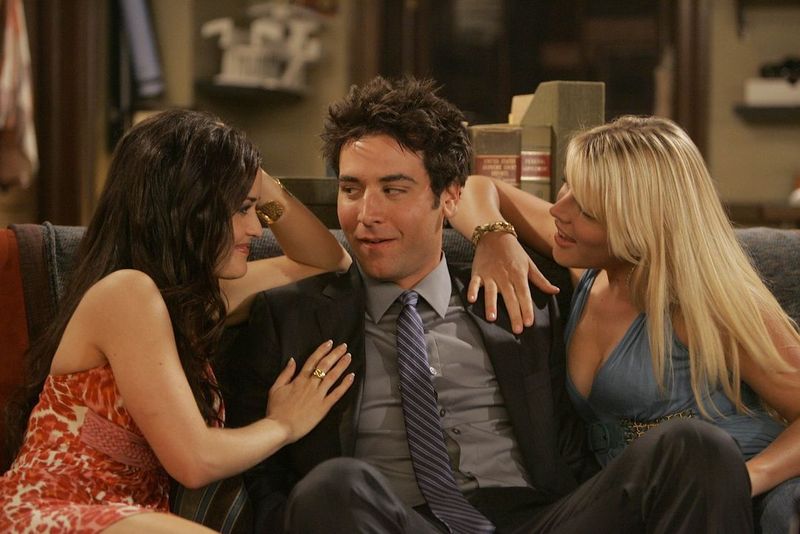
After nine seasons building toward Ted meeting the mother of his children, the finale “Last Forever” shocked fans by killing her off and reuniting Ted with Robin. This decision felt like it erased years of character development and relationship growth that viewers had witnessed.
The show spent an entire final season on Barney and Robin’s wedding weekend, only to divorce them minutes into the finale. Barney’s regression from a man who’d learned to love back into his old womanizing ways particularly stung longtime fans.
What made it worse was learning the ending was filmed years earlier, suggesting writers stuck with an outdated plan despite how characters had evolved. The backlash was so intense that an alternate ending was eventually released.
3. Game of Thrones (2011-2019)
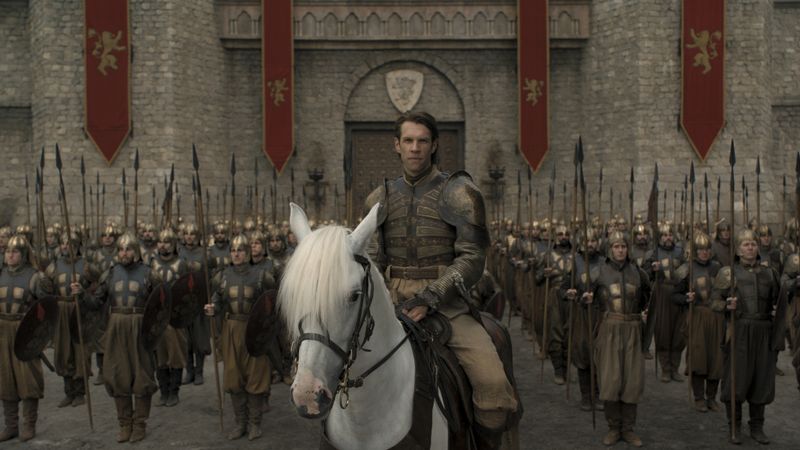
Perhaps no finale has generated more widespread disappointment than Game of Thrones’ rushed final season. Character arcs that took years to develop were hastily concluded in ways that felt completely out of character, particularly Daenerys Targaryen’s sudden transformation into a mad queen.
The series that once prided itself on political complexity and realistic consequences abandoned those strengths for spectacle. Bran becoming king felt random, while Jon Snow’s true parentage ultimately meant nothing to the story.
Fans started a petition demanding the season be remade, and the cultural phenomenon that once dominated social media became something people preferred not to discuss. The show’s legacy shifted from masterpiece to cautionary tale about the importance of proper pacing and character consistency.
4. Dexter (2006-2013)
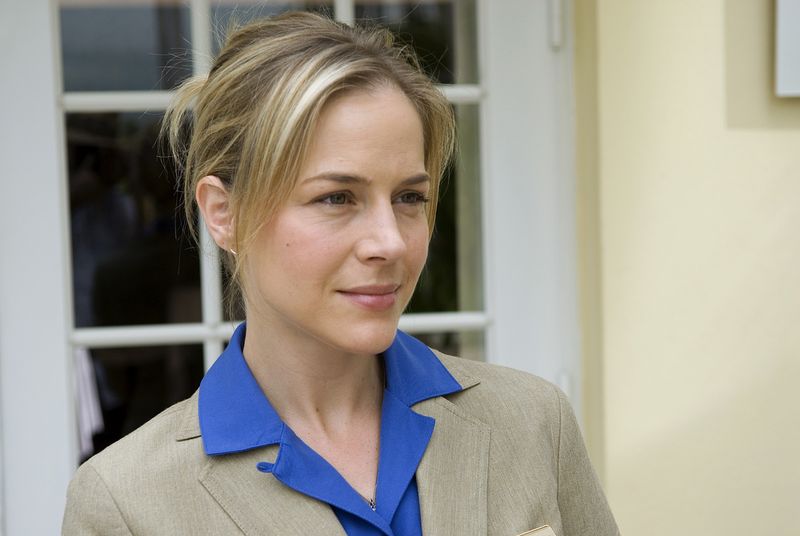
The serial killer with a code deserved better than “Remember the Monsters?” delivered. After eight seasons of psychological complexity, Dexter Morgan’s story concluded with him faking his death and becoming a lumberjack, leaving behind his sister and son in ways that felt completely out of character.
Debra’s death felt unnecessary and cruel, while the resolution of Dexter’s relationship with his dark passenger felt rushed and unsatisfying. The show that once expertly balanced moral ambiguity stumbled when it came time to provide meaningful closure.
The ending was so poorly received that Showtime eventually created a limited series, “Dexter: New Blood,” to give the character a more fitting conclusion. Sometimes even networks recognize when they need a do-over for beloved characters.
5. The X-Files (1993-2018)
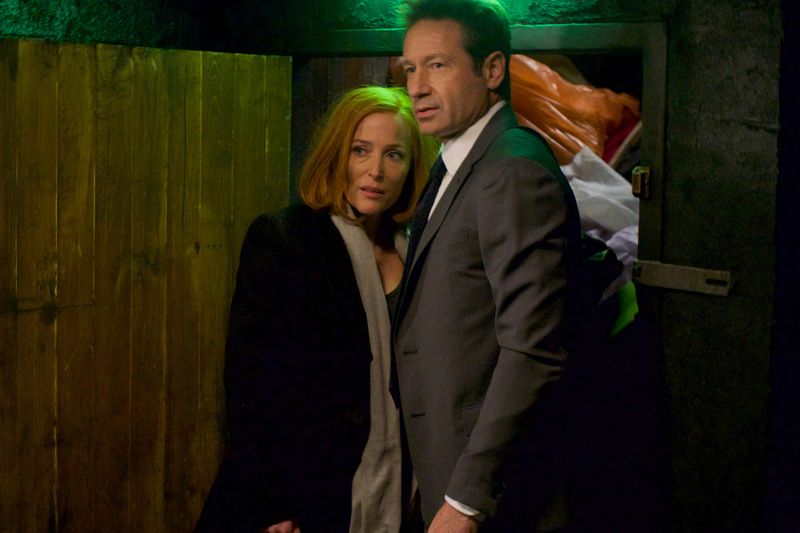
After eleven seasons spanning twenty-five years, The X-Files never quite managed to resolve its central mythology in a satisfying way. The alien conspiracy that drove much of the series remained frustratingly vague, with answers that raised more questions than they solved.
The show’s revival seasons struggled to recapture the magic of earlier years, and the final episodes felt more like missed opportunities than triumphant conclusions. Mulder and Scully’s relationship, while beloved by fans, never received the clear resolution many hoped for.
Chris Carter’s tendency to keep mysteries deliberately ambiguous worked well for individual episodes but failed when it came time to wrap up overarching storylines. The truth remained out there, perhaps too far out there for viewers seeking concrete answers to decades-old questions.
6. Heroes (2006-2010)
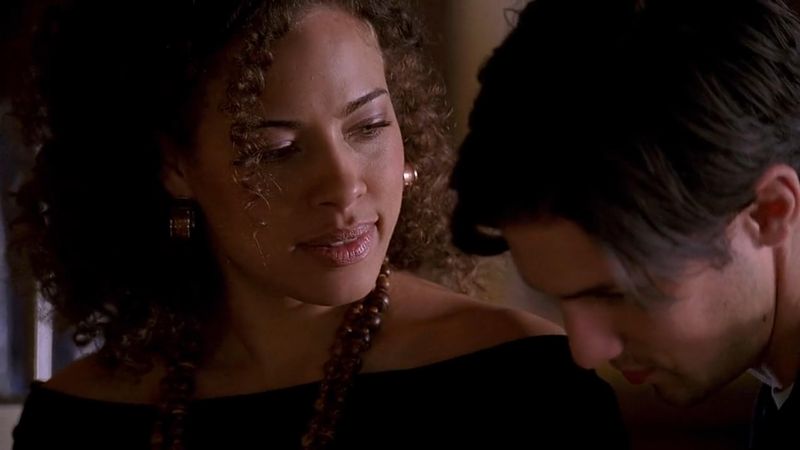
“Save the cheerleader, save the world” became a cultural phenomenon, but Heroes couldn’t maintain its initial brilliance through to its conclusion. The first season’s tight storytelling gave way to convoluted plots and character inconsistencies that left the finale feeling flat and unearned.
Writers’ strikes and creative disagreements behind the scenes showed on screen, with powers and relationships changing in ways that felt arbitrary rather than organic. Characters who started as relatable people with extraordinary abilities became caricatures of themselves.
The show’s attempt to recapture its early magic with “Heroes Reborn” only highlighted how special that first season had been. Sometimes lightning doesn’t strike twice, and fans were left remembering what could have been rather than celebrating what was.
7. Weeds (2005-2012)
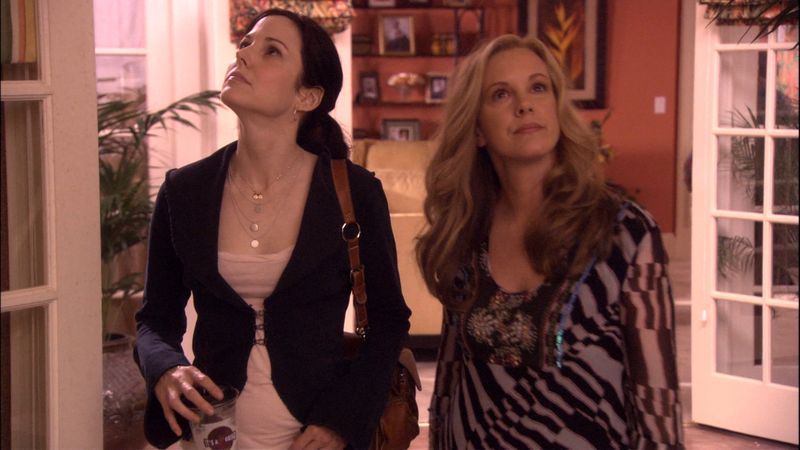
Nancy Botwin’s journey from suburban mom to drug dealer provided eight seasons of dark comedy, but the series finale left many character arcs feeling incomplete. The time jump that showed where everyone ended up felt rushed and didn’t adequately address the consequences of years of criminal activity.
What started as a sharp satire of suburban life gradually became less focused, and by the end, Nancy’s actions had hurt so many people that redemption felt impossible. The show struggled to balance comedy with the serious implications of drug dealing.
Fans who had followed Nancy’s family through years of chaos deserved more closure than quick glimpses of their futures. The finale’s attempt to tie everything up with a neat bow ignored the messy reality the show had spent years creating.
8. True Blood (2008-2014)
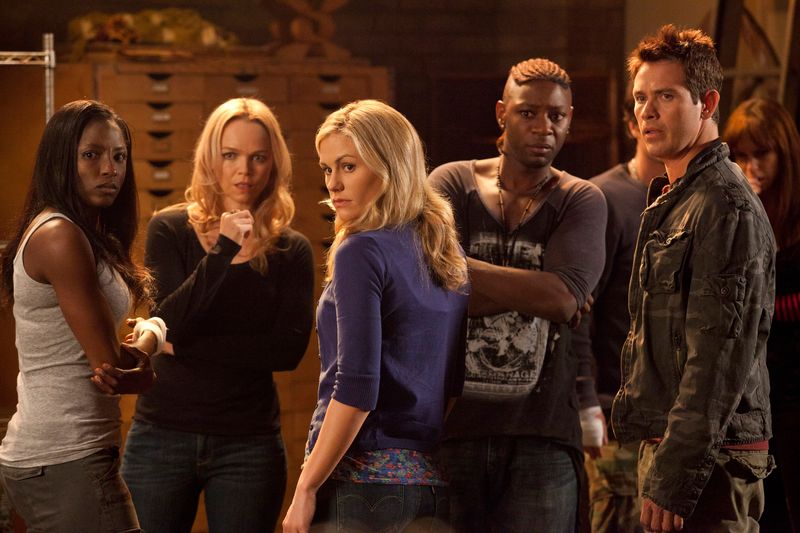
Sookie Stackhouse’s supernatural love triangle captivated audiences for seven seasons, but the finale abandoned many of the themes that made the show compelling. The series that once used vampires as metaphors for marginalized groups seemed to forget its own messaging by the end.
Major character deaths felt arbitrary, and Sookie’s final choice felt less like character growth and more like the writers giving up on the central relationships they’d spent years developing. The show’s political allegories got lost in favor of simple romance.
True Blood worked best when it balanced campy fun with serious social commentary, but the finale leaned too heavily into sentimentality without earning those emotional moments. Fans were left wondering what happened to the sharp, provocative show they’d fallen in love with originally.
9. Supernatural (2005-2020)
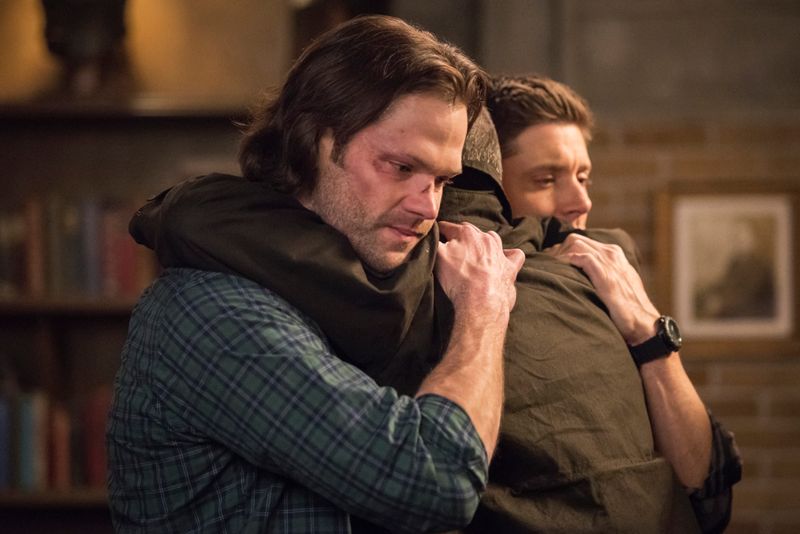
Fifteen seasons of monster hunting, family drama, and apocalyptic storylines deserved a more satisfying conclusion than what “Carry On” delivered. The Winchester brothers’ final case felt smaller than their epic journey warranted, and Dean’s death seemed unnecessary after surviving literal hell multiple times.
The series had already provided several potential endings that felt more complete than the actual finale. Sam’s glimpse of heaven with all their loved ones was touching, but many fans felt the execution was rushed and didn’t honor the show’s found family themes.
After years of subverting death and defeating gods, having Dean die from a rusty nail felt anticlimactic. The show’s legacy of family and sacrifice deserved a finale that celebrated those themes more effectively than the final episodes managed to achieve.
10. Two and a Half Men (2003-2015)
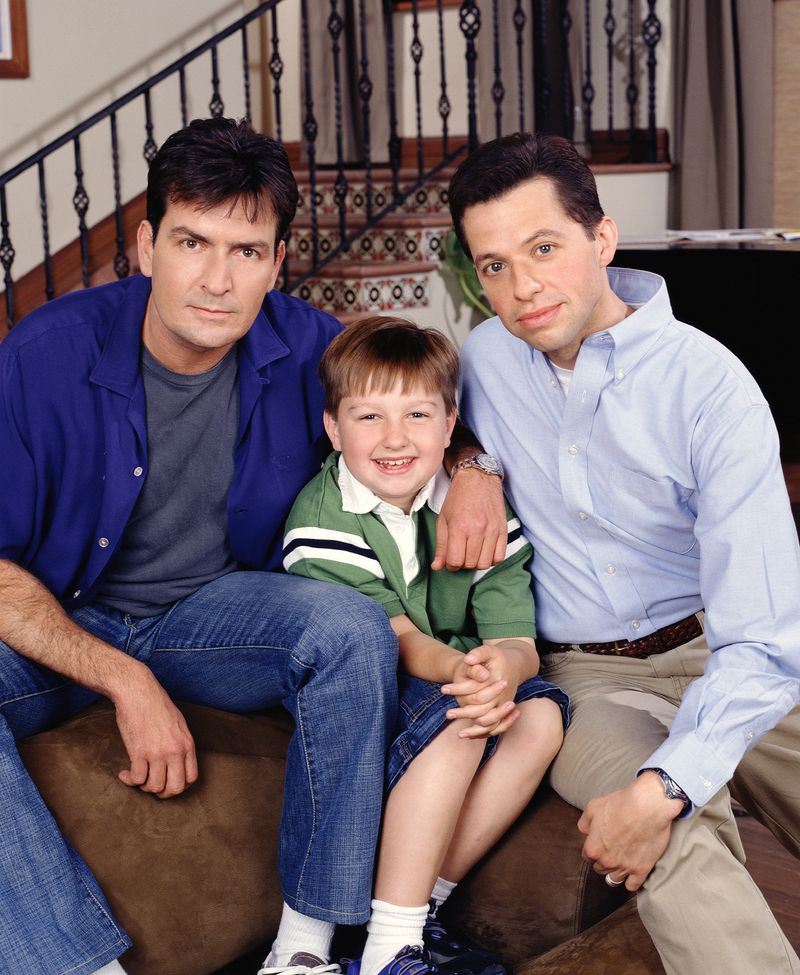
Charlie Sheen’s departure after eight seasons marked the beginning of the end for this sitcom, but the finale took things to a new level of disappointment. The show’s attempt to mock its own history and Charlie Sheen personally felt spiteful rather than clever or funny.
What had been a successful formula of crude humor and family dysfunction became increasingly mean-spirited without its original lead. The addition of Ashton Kutcher couldn’t recapture the chemistry that made early seasons work so well for audiences.
The finale’s meta-commentary on the show’s own problems felt like creator Chuck Lorre settling personal scores rather than providing closure for fans who’d watched for over a decade. Sometimes behind-the-scenes drama overshadows the story itself, and this ending exemplified that problem perfectly.
11. Once Upon a Time (2011-2018)
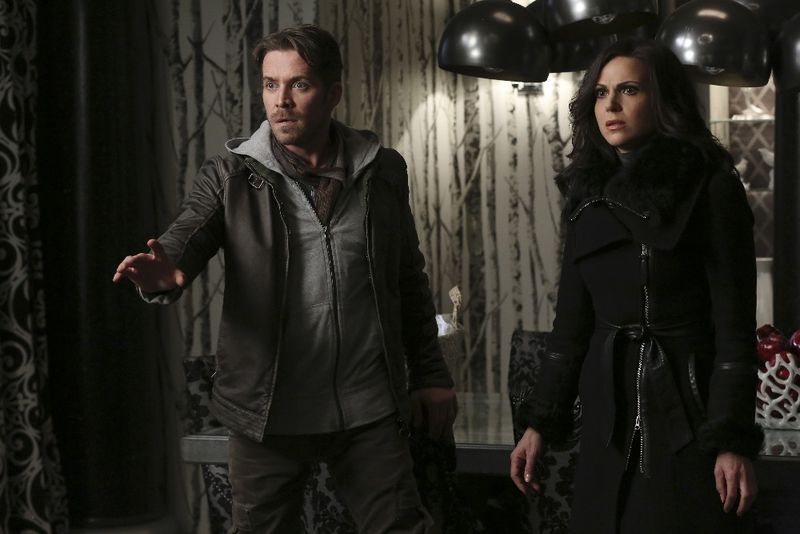
Seven seasons of fairy tale reimagining concluded with a finale that felt rushed and failed to address many character arcs satisfactorily. The show’s complex mythology of curses, realms, and character connections deserved more careful resolution than the final episodes provided.
Major cast departures in later seasons left the show struggling to maintain the ensemble chemistry that made it special. New characters and storylines felt forced rather than organic, and longtime fans missed the original cast dynamics.
The series worked best when it focused on hope and redemption, but the finale couldn’t quite recapture that magic. Characters who had grown and changed over years felt reduced to simple versions of themselves, and plot threads were tied up too quickly to feel earned or meaningful.
12. The 100 (2014-2020)
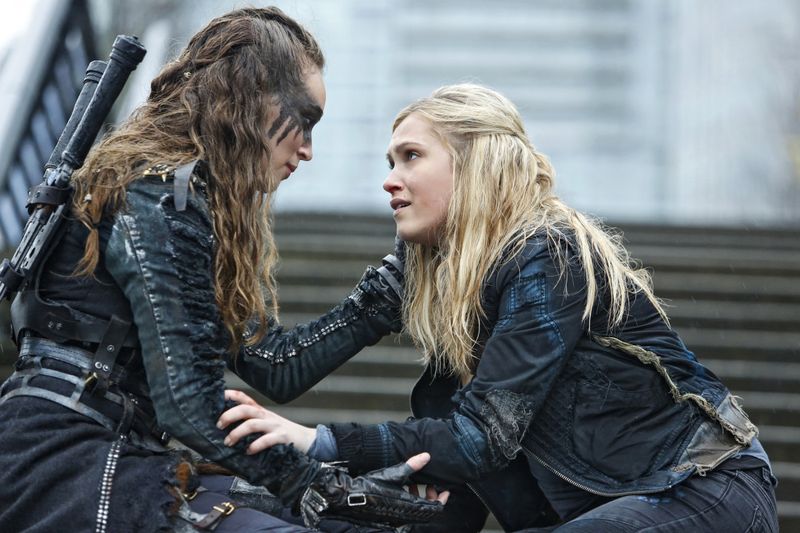
What began as a post-apocalyptic survival story evolved into something much more complex, but the final season’s transcendence storyline felt disconnected from the show’s earlier themes. Clarke Griffin’s journey from privileged teenager to hardened leader deserved better than the confusing finale delivered.
The series tackled difficult moral questions about survival and leadership throughout its run, but the ending abandoned those philosophical discussions for a mystical resolution that felt unearned. Characters made decisions that seemed inconsistent with their established personalities and growth.
Fans who appreciated the show’s willingness to explore dark themes and consequences felt betrayed by a finale that seemed to offer easy answers to complex problems. The transcendence concept felt like a cop-out rather than a meaningful conclusion to years of character development.
13. Glee (2009-2015)
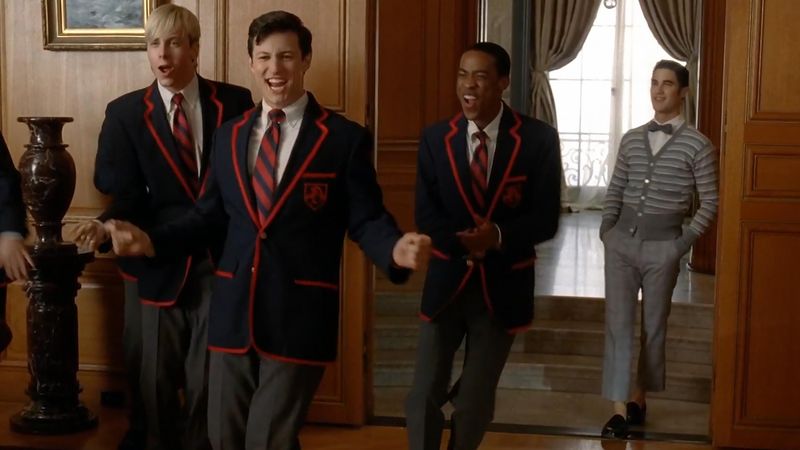
The show that once tackled important social issues through song felt scattered and unfocused by its conclusion, with character resolutions that didn’t match their journeys.
Cory Monteith’s tragic death during the series profoundly impacted the show’s direction, and writers never quite recovered that early balance of humor, heart, and social commentary. The finale attempted to honor the show’s legacy but felt disconnected from what made it special.
What started as a sharp satire of high school life became increasingly sentimental without earning those emotional beats. Fans remembered the show’s early brilliance but felt disappointed by how it handled its final bow, with musical numbers that couldn’t quite recapture the original magic.
14. Riverdale (2017-2023)
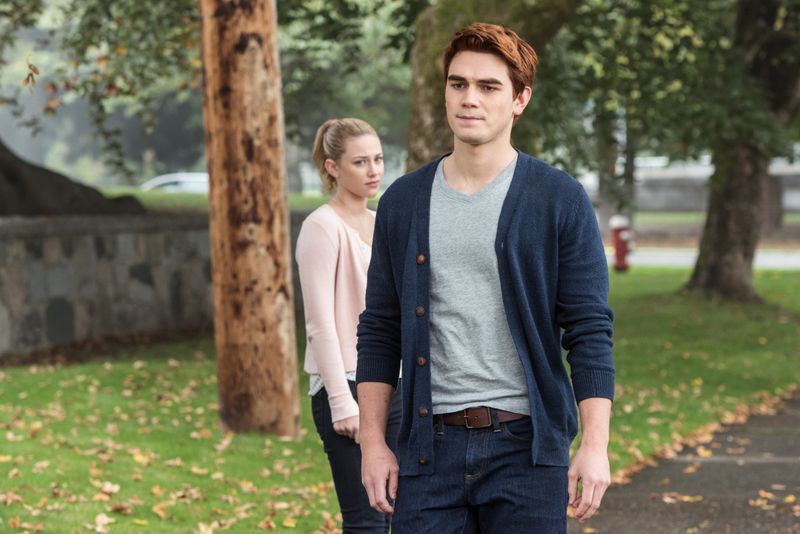
What began as a dark take on Archie Comics spiraled into increasingly bizarre territory, culminating in a finale that many felt had lost all connection to its original premise. The show’s willingness to embrace absurdity became both its strength and its downfall.
Seven seasons of supernatural mysteries, musical episodes, and time travel left fans exhausted rather than satisfied. Characters who started as recognizable versions of beloved comic book figures became unrecognizable through constant reinvention and increasingly outlandish storylines that tested viewer patience.
The series finale attempted to bring things full circle, but by then, the show had changed so dramatically that early fans barely recognized it. Sometimes creative ambition can go too far, leaving audiences longing for the simpler pleasures of the show’s initial murder mystery premise.
15. The Wonder Years (1988-1993)
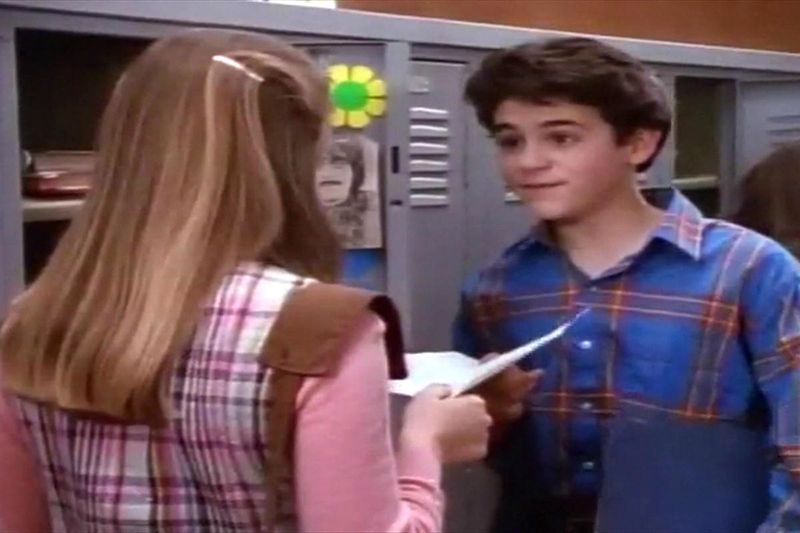
Growing up in the late 1960s provided six seasons of nostalgic storytelling, but the revelation that Kevin and Winnie didn’t end up together left many viewers feeling deflated. The show had spent years building their relationship as a central element of Kevin’s coming-of-age story.
While realistic in its portrayal of how childhood relationships often don’t last, the ending felt like it undermined the romantic idealism that had drawn many viewers to the show. Kevin’s adult narration revealed a more pragmatic view of first love than fans expected.
The series worked beautifully as a meditation on memory and growing up, but some felt the finale was too realistic for a show that had often celebrated the magic of young love. Sometimes audiences want fairy tale endings, even when real life doesn’t provide them.
16. Killing Eve (2018-2022)
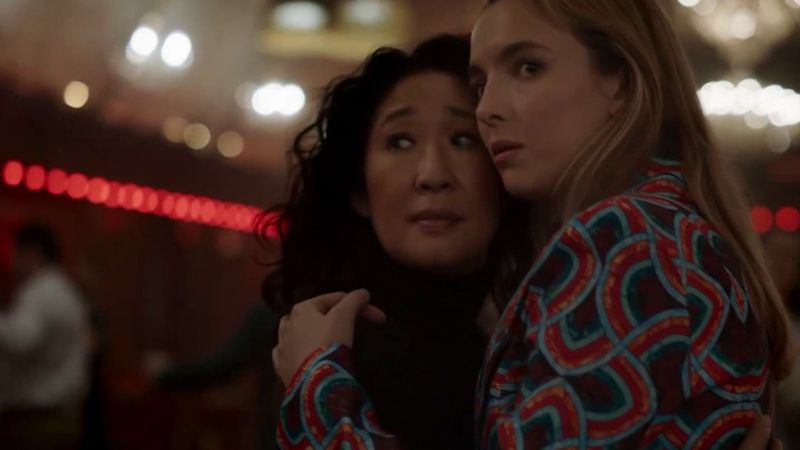
Incredible cat-and-mouse games between Eve and Villanelle built toward a finale that many felt betrayed the show’s central relationship. The series that had been praised for its complex female characters seemed to abandon that complexity in its final moments.
What made the show special was its exploration of obsession, identity, and the blurred lines between love and hate. The finale’s choices felt like they simplified those complex themes rather than providing a satisfying resolution to them.
Sandra Oh and Jodie Comer’s magnetic performances deserved a conclusion that honored their characters’ journey together. Instead, many fans felt the ending chose shock value over emotional truth, leaving them disappointed after years of investment in this unique relationship dynamic.

Comments
Loading…